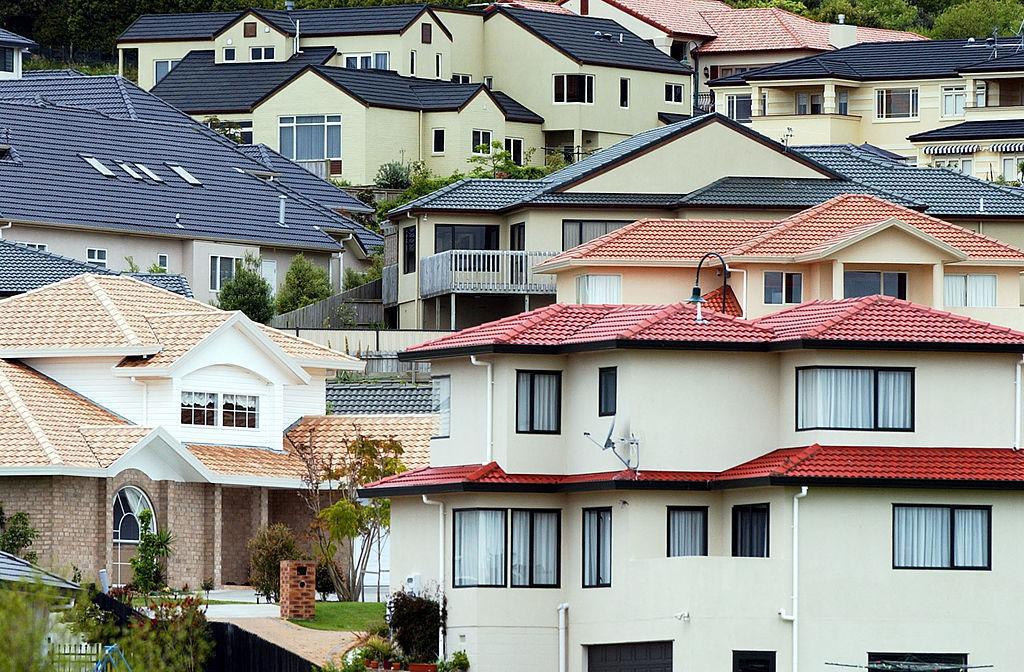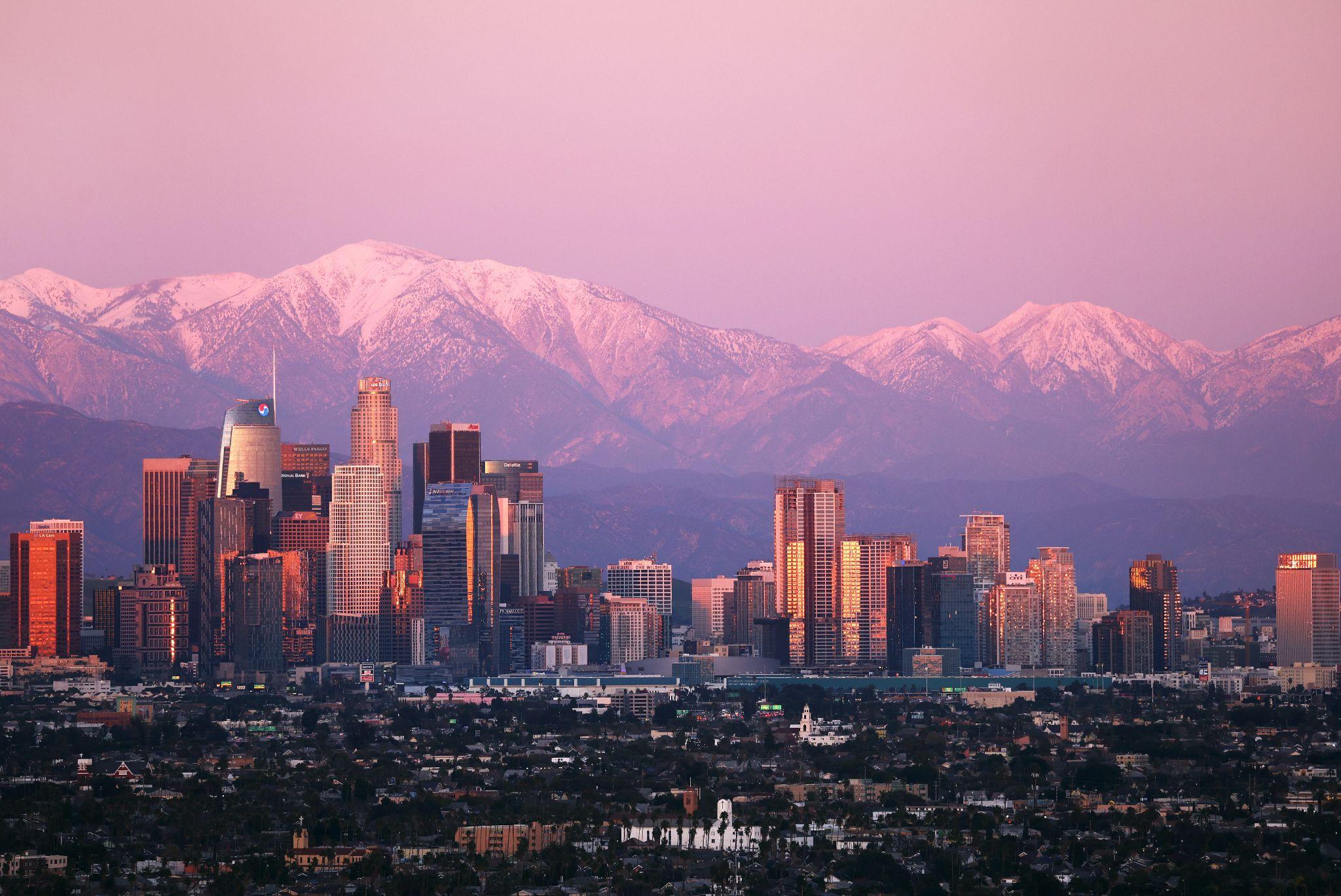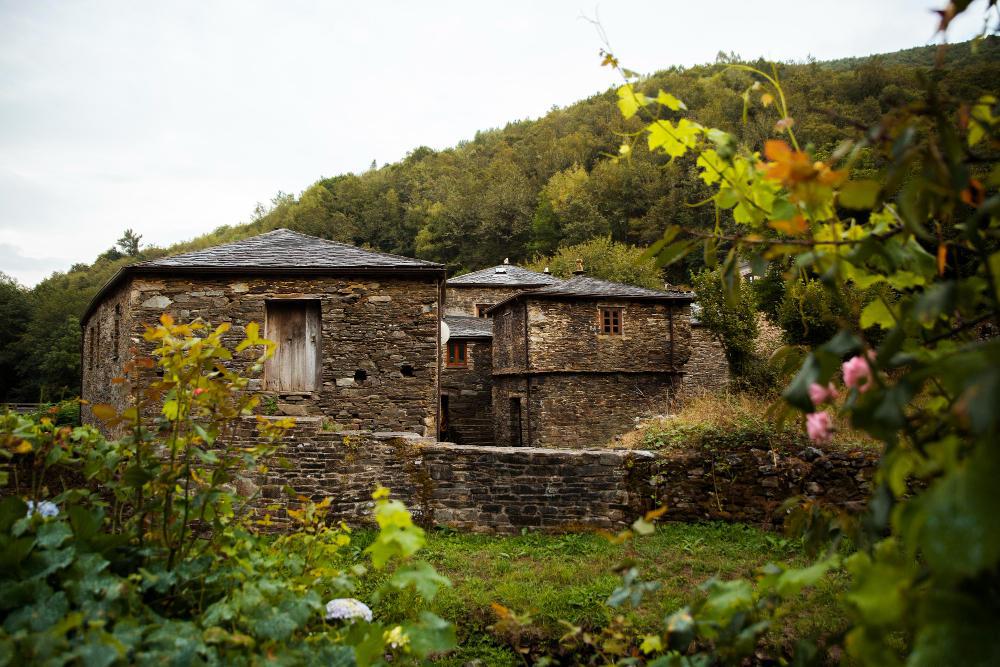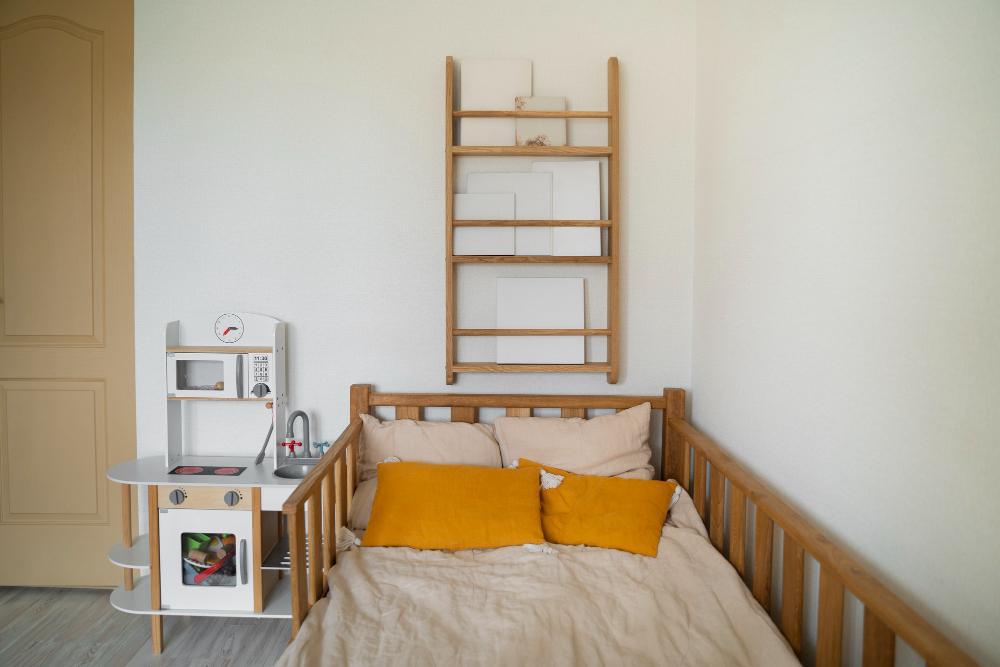With the current state of inflation affecting life in cities across the U.S., many can’t help but fantasize about escaping to rural America to live a slower and cheaper life.
Yet, according to a report from Newsweek, living in a city may be cheaper than once thought, with some economists arguing that it’s more expensive to reside in the nation’s rural communities.
Cheap Life in the Suburbs

According to financial experts at Newsweek, U.S. citizens living just outside the nation’s major cities likely spend less than those in rural areas.
The experts surmise those with lower incomes spend less in the suburbs as they save on transportation, groceries, and even property taxes.
It All Comes Down to Spending Habits

Alex Beene, a financial literacy instructor, joined Newsweek for an interview to speak on the issue. “The common perception is city life is vastly more expensive than living in rural areas, but I think it’s a wrong one,” he said (via MSN).
Alex continued, “Ultimately, it comes down to the individual and their spending habits.”
Getting by Living in the City

According to one financial consultant, Paul Walker, it’s much easier to survive on a low income in a city than in rural areas.
“While housing is more expensive, you do not need a car, find produce markets that are less expensive than traditional grocery stores, and there are more opportunities to find jobs,” he said.
Better off in LA or New York

As inflation continues to affect the lives of daily Americans, financial experts such as Beene and Walker argue living just outside of Los Angeles or New York can be cheaper than living rurally.
Their opinion is shared by Marguerita Cheng, CEO of Blue Ocean Global Health. He argues that U.S. citizens can save thousands of dollars annually by living close to cities.
Bills Begin to Add Up

Cheng said those living in rural areas almost always need a vehicle. Transportation costs alone exceed $12,000 a year for Americans, including bills such as insurance and gas. Yet, city residents seldom require cars.
The CEO finished up his interview with Newsweek by saying, “My advice is that you don’t want to move so far out that you end up even spending more money and sacrificing your quality of life.”
Inflation Hits Harder in Rural Areas

Research published by Iowa State University says that those living in rural areas are at greater risk of experiencing the effects of inflation than those in the city.
In a paper published in 2020, the team said lower incomes and the increased cost of goods due to inflation hit rural areas harder (via MSN).
Rural Earnings Increase but Can’t Keep Up with Inflation

One portion of the university paper says that even though rural earnings increased by nearly 45%, they couldn’t keep up with inflation.
“Rural earnings, especially from farm sources, also rose rapidly by 43% but were unable to keep pace with inflation. The net effect cut rural discretionary incomes by 33.5% between January 2020 and December 2022,” the university wrote.
Prices Skyrocket in Rural Regions

Financial adviser Chrispoter Hensley argues that living in rural regions can cost thousands more than people initially expect.
“When you factor in moving expenses, utility deposits, potentially buying a vehicle for rural living, higher fuel costs, property taxes, and even a slight uptick in grocery bills due to fewer options in rural areas, a reasonable estimate for the total cost of such a move would be in the range of $11,000 to $32,000,” Hensley told Newsweek.
Benefits of the City Life

A popular TikTok account, @Footwashingchrist, said that living in Los Angeles during his 20s helped him scrape by even though he earned less than $13,000 annually.
While Los Angeles is notoriously known as being an expensive city to live in, Footwashingchrist said in one TikTok, “Because it was in the city, it’s easier to get by.”
Cities Create More Opportunities

According to the TikToker, he survived in the city even though he made tens of thousands of dollars less than average Americans for a few reasons.
Above all else, he said, “There’s more opportunities for rent.” He continued, “You get more ability to do weird living situations,” speaking in reference to his time living in a 6-by-7-foot room.
Cities Have Everything You Need

According to another financial expert, Zack Hellman, cities provide better services, reducing the amount of money residents need to spend.
“Cities also tend to have more job opportunities, particularly in various industries, and a higher density of social services and community programs that can assist those in financial need,” he said (via MSN).
